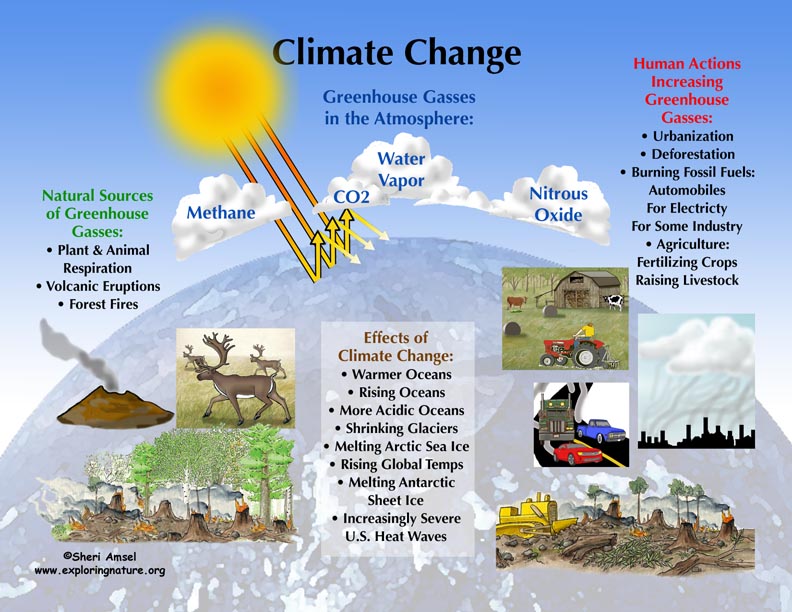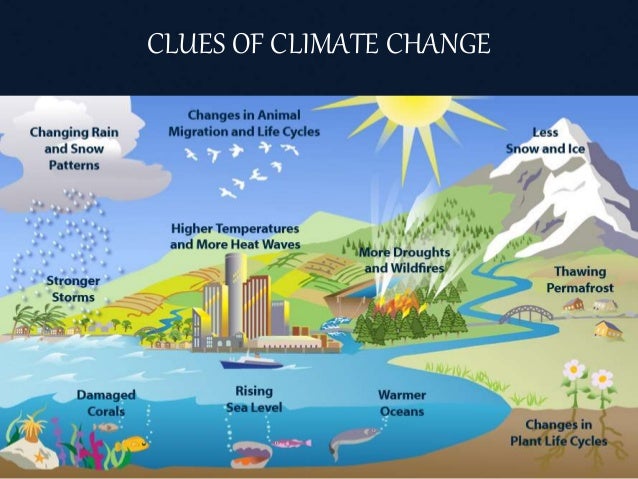Sustainability
Overconsumption:
The action or fact of consuming something to excess. For example "the overconsumption of fossil fuels" meaning if it is over used, over time the earth will run out and there will be no more fossil fuels to use to make electricity. If something is over
Conservation:
Between the growth of the global population and the increasing need for energy as cultures throughout the world continue to industrialize, conservation has become increasingly crucial.
Conservation in this context refers to the preservation of the environment as well as a reduction in resource use.
For example, water conservation in the home might be as simple as taking shorter showers, or installing low-flow appliances. More involved measures include the installation of gray-water recycling systems, which reuse excess shower and sink water for other applications.
As technology and industry improve, engineers find more and more efficient ways to produce consumer goods using fewer resources. This alone can't solve our overconsumption issues - a hybrid approach of reduction and efficiency is necessary.
Our hope for maintaining our quality of life lies in an approach that incorporates responsible citizenship, responsible business practices, and responsible government.
Dealing with Pollution:
Pollution is the introduction of contaminants into the natural environment that causes adverse change. Pollution can take the form of chemical substances or energy, such as noise, heat, or light. Pollutants, the components of pollution, can either be foreign substances/energies or naturally occurring contaminants.
Dealing with Air Pollution:
Most of the pollution is air pollution which is caused by the burning of fossil fuels such as coal, oil, natural gases, and gasoline which are used to produce electricity and to power our vehicles. Along with harming human health, air pollution can cause a variety of environmental effects. Acid rain is precipitation containing harmful amounts of nitric and sulfuric acids. These acids are formed primarily by nitrogen oxides and sulfur oxides released into the atmosphere when fossil fuels are burned.
Dealing with Water Pollution:
In 1972 the "Clean Water Act" was established. This act regulated the dumping of waste in United States water, also made it illegal to dump any waste into navigable water unless you had a permit to do so. Another act enforced by the U.S. was the "Safe drinking water act" which
Global Climate Change
The earths climate has changed throughout history. Just in the last 650,000 years there have been seven cycles of glacial advance and retreat , with the abrupt end of the ice age about 7,000 years ago marking the beginning of the modern climate era and of humans civilization. Most of these climate changes are attributed to very small variations in earths orbit that change the earths history. It also changed the amount of solar energy our planet receives. Most climate scientists agree the main cause of the current global warming trend is human expansion of the "greenhouse effect" warming that results when the atmosphere traps heat radiating from earths towards space. Certain gases in the atmosphere block heat from escaping. On earth, human activities are changing the natural greenhouse. Our lives are connected to the climate. Some changes to the climate are avoidable. We can reduce the ricks we will face from climate change. We also make a difference.


Global Warming
Global warming refers to the recent and ongoing rise in global average temperature near earths surface. It is caused mostly by increasing concentrations of greenhouse gases in the atmosphere. Global warming is causing climate patterns to change. Most climate scientists believe that the main cause of current global warming is the human expansion of the greenhouse effect which is warming that results when the atmosphere traps heat radiating from earth toward space. Certain gases in the atmosphere block the heat from escaping.
Ocean Acidification
Ocean acidification is the ongoing decrease in the pH of the earths oceans, caused by the uptake of carbon dioxide from the atmosphere. seawater is slightly basic, and the process in question is a shift towards less basic conditions rather than a transition to acidic conditions. The increasing of ocean acidification has been shown to significantly reduce the ability of reef-building corals to produce their skeletons. The cause of ocean acidification are the emissions of carbon dioxide from burning fossil fuels which make the ocean more acidic. about half of the CO2 that has been pumped into the atmosphere since the beginning of the industrial era (250 years ago) has been absorbed by the oceans through natural processes.